Deck & Commander Strategies
Borborigmos Enraged
Ramp aggressively by sacrificing lands to deal damage to opponents and maintain board control through land sacrifice and removal spells, focusing on throwing lands to maximize damage output.

Zurgo Helmsmasher
Aggressive red-based orc tribal deck that uses equipment like Vorpal Sword to push through damage quickly and pressure opponents with fast, hard-hitting creatures.
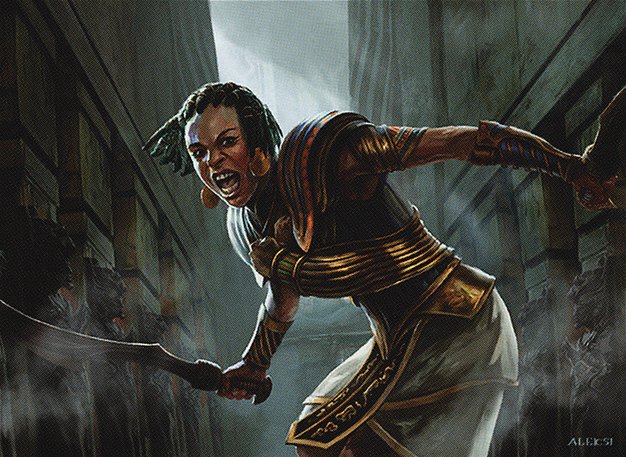
Samut, Voice of Dissent
Token generation and combat-focused deck that uses anthem effects and powerful creatures to overwhelm opponents through multiple combat phases and buffs.
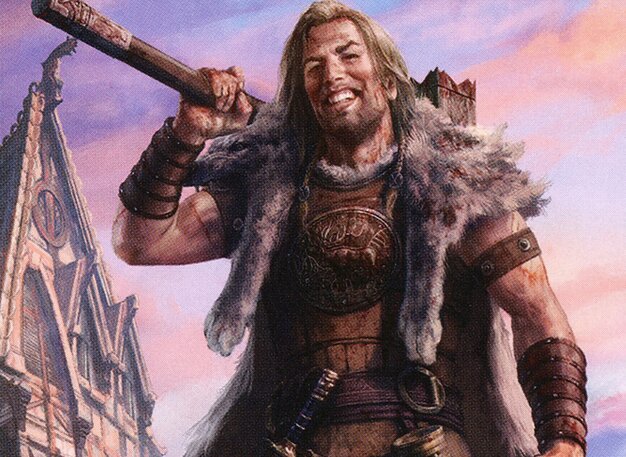
Wulfgar of Icewind Dale
Leverages attack triggers and multiple combat steps supported by equipment and artifact synergies to deal incremental and repeated combat damage.
Gameplay Insights
- 1
Mika’s use of land sacrifice with Borborigmos Enraged to repeatedly deal damage and gain card advantage was a strong controlling strategy, though it struggled under constant pressure.
- 2
The narrator’s tactic of repeatedly copying key mana artifacts like Gilded Lotus with Mirage Mirror allowed flexible ramping and casting of multiple spells in a turn.
- 3
Maximus’s timing of token generation combined with anthem effects like McKindi Stampede created a powerful wide board that overwhelmed opponents lacking sufficient blockers.
- 4
Ian’s Zurgo deck showed aggressive potential but was hindered by removal and disruption, limiting his ability to maintain board presence and close the game.
- 5
The combination of multiple combat steps granted by Full Throttle and Wulfgar’s attack triggers enabled substantial incremental damage across turns.
Notable Cards
-
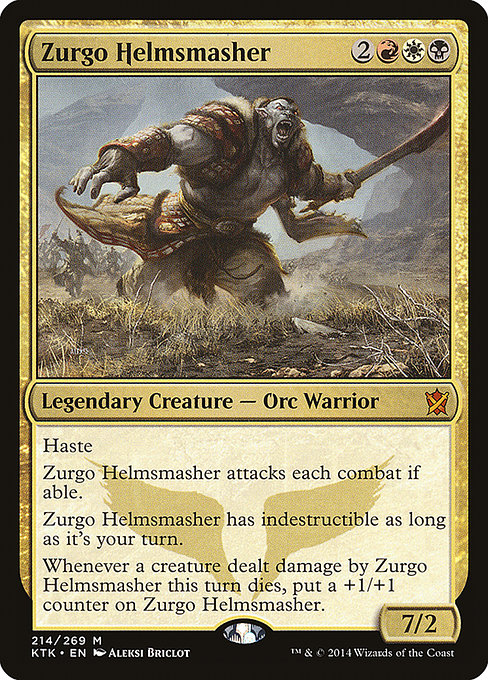
Zurgo Helmsmasher
-

Samut, Voice of Dissent
-

Wulfgar of Icewind Dale
-
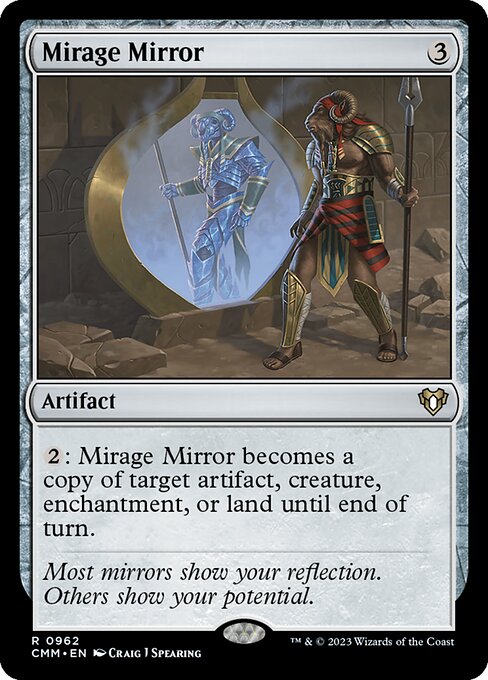
Mirage Mirror
-
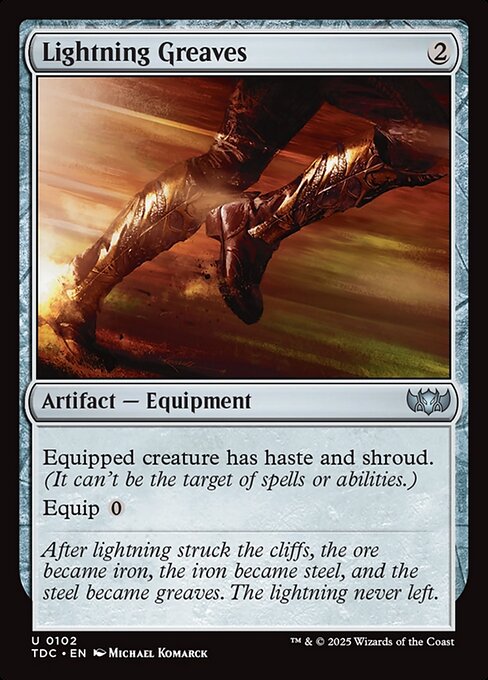
Lightning Greaves
-
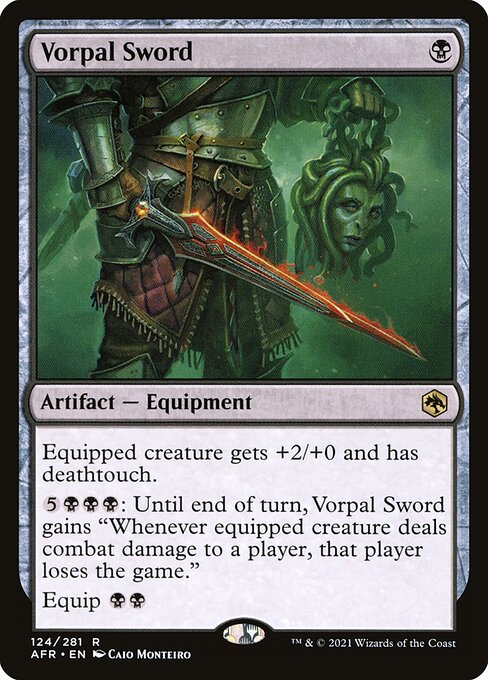
Vorpal Sword
-

Avenger of Zendikar
-
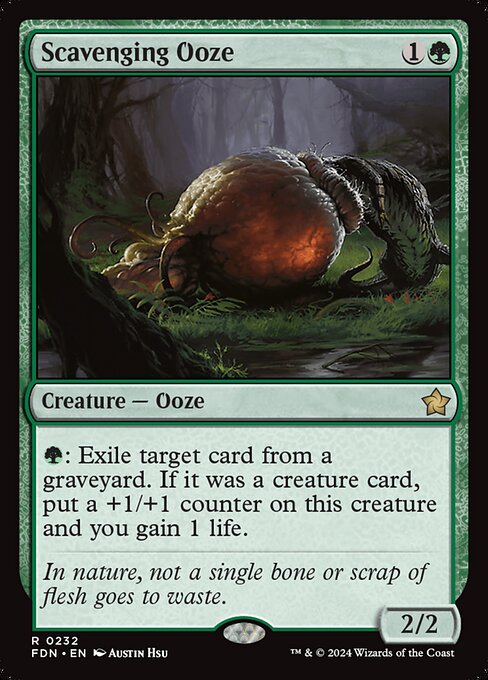
Scavenging Ooze
-
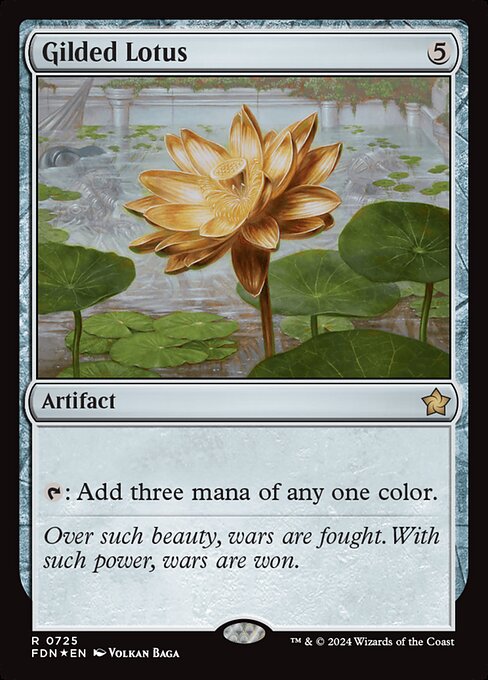
Gilded Lotus
-
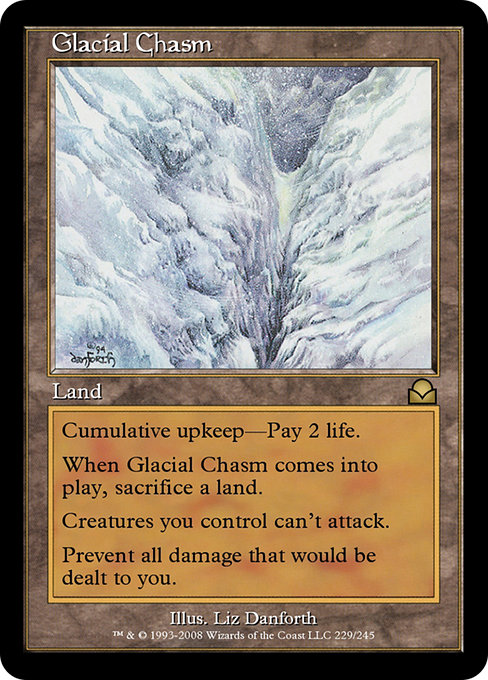
Glacial Chasm
-
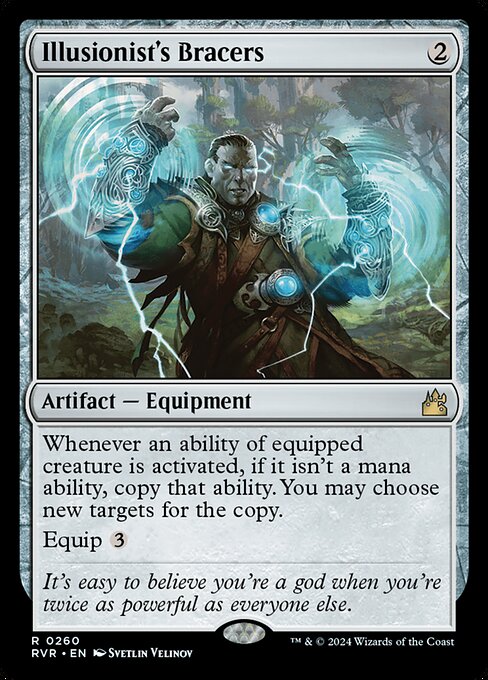
Illusionist's Bracers
-

Path of Ancestry
Gameplay Summary
The game featured a four-player Commander match with each player piloting a distinctive legendary commander deck.
Early turns were spent developing mana bases and setting up board presence, with Mika on Borborygmos Enraged focusing on ramping lands and maintaining control through removal and land sacrifice.
Ian's Zurgo Helmsmasher deck emphasized aggressive orc creatures and equipment like Vorpal Sword to pressure opponents.
Maximus, playing Samut, Voice of Dissent, built a token-based army supported by anthem effects and powerful creatures like Avenger of Zendikar.
The narrator piloted Wulfgar of Icewind Dale, leveraging attack triggers and equipment to generate multiple combat phases and maximize damage output. Key turning points included Mika’s Borborygmos repeatedly throwing lands to trigger damage and generate card advantage, which kept opponents on the back foot despite heavy pressure.
Ian’s Zurgo applied consistent aggression but struggled to establish a lasting board state.
Maximus capitalized on token synergies and anthem boosts, culminating in a decisive combat phase where his creatures overwhelmed the opponents due to insufficient blockers and responses.
The game concluded with Maximus’s Samut deck winning by leveraging overwhelming board presence and combat damage after a series of well-timed token generation and buffs.


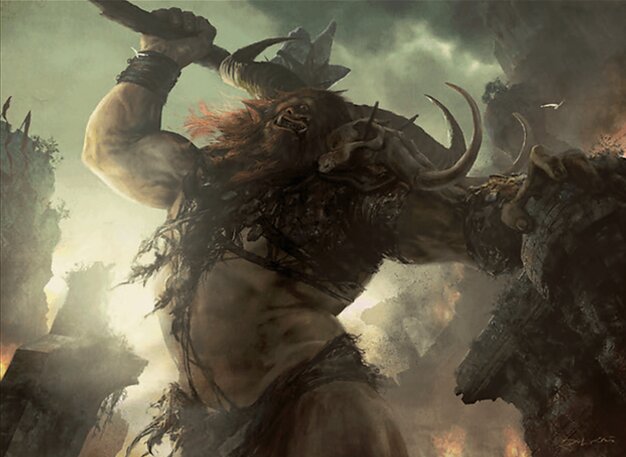
































![Commander VS S7E4: Hapatra vs Samut vs Temmet vs Neheb [MTG] thumbnail](https://i.ytimg.com/vi/oZSx_7WMoTE/sddefault.jpg)







